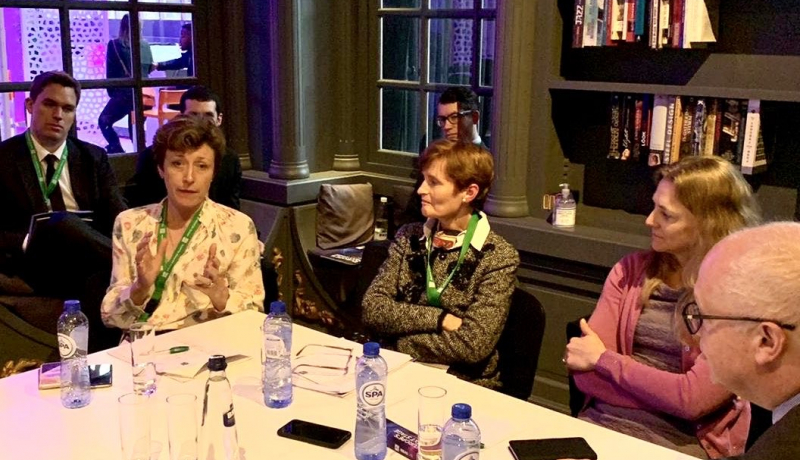UK & the EU Lab: Regulating financial services post-Brexit
After Brexit, the UK financial sector will lose access to the Single Market under the various passport regimes. While equivalence rules offer some alternative to passporting, they are available only for certain regulated activities. Equivalence decisions can also be withdrawn unilaterally by the authority granting them, be that the UK or the European Commission. There are also concerns about the increasing politicisation of the process. Given the UK’s departure from the EU, and its stance against necessarily maintaining strict alignment or rules, the question arises how the respective regulatory autonomy of the EU and UK can be maintained while continuing to recognise the equivalence of each other’s regimes. What additional regulatory and supervisory arrangements might be put in place alongside the existing equivalence regimes?
SPEAKERS
- Paulina Dejmek Hack, Director, Taskforce for relations with the UK, European Commission
- Katherine Braddick, Director General, UK Treasury
- Francesca Passamonti, Head of European Regulatory and Public Affairs, Intesa Sanpaolo
Moderator: Nick Collier, Managing Director, Brussels Office, City of London Corporation
Key takeaways
- The UK is committed to high standards in financial services post-Brexit, it says, but at the same time wants autonomy in decision-making on regulation and equivalence. That’s a tough balance to strike. On the EU side, the negotiating mandate from member states is clear: no market access or cross-border activities without establishment in the EU.
- Both sides recognise the need for an adequate governance structure and regulatory cooperation – an arrangement that takes into account the interconnectedness of the two markets and avoids unnecessary friction. It was agreed that equivalence should remain as technical as possible, and not be politicised.
- The real test of the new regime will be operational, for example in the activity of clearing houses, trading platforms and investment firms.
Participation in this lab session is by invitation only. More detailed information is available here.
Please do not hesitate to contact Beatriz Pozo by email at: beatriz.pozo@ceps.eu or by phone on: +32 (0)2 229 39 87.


